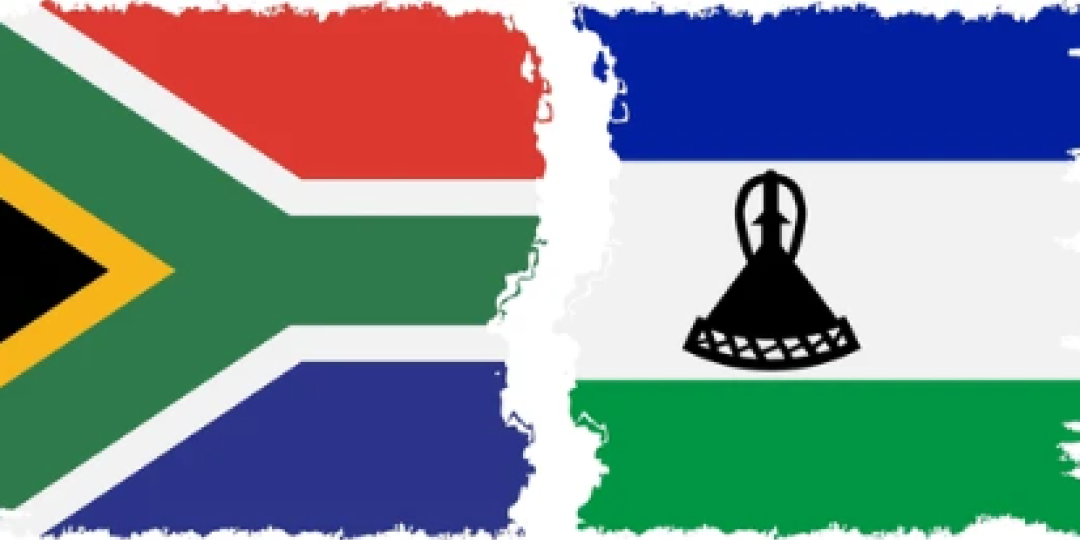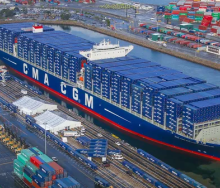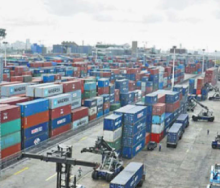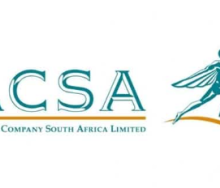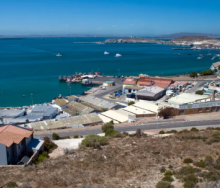Exports from the Southern African Customs Union (Sacu) into Lesotho face a new non-tariff barrier (NTB) because of a regulation which stipulates that exporters trading with the mountain kingdom will have to acquire the services of domestic cargo representatives.
Only once this process has been completed will exporters be issued with a Taxpayers’ Identification Number (TIN), allowing shipments from South African and neighbouring countries into Lesotho.
Stephen Segal, divisional director of clearing and forwarding at Value Logistics, said the TIN Regulation could become a major trade barrier in the Sacu region.
He said Value Logistics had only learned of the new regulation in August, and had noticed an alarming lack of response from industry considering the disruptive impact it could have on the flow of goods from and through South Africa into its landlocked trading partner.
Segal said it wasn’t necessarily a case of an additional layer of complexity that would be introduced into the supply chain.
“They have started a company to deal with it, the Agents of Foreign Firms Association of Lesotho, to verify internal agents. They’re very helpful and the process to apply for a TIN number is quite quick. But it’s the cost that will be a major barrier to trade.”
Whereas initial implementation of the regulation was set down for September 1, objection from the cross-border cargo industry resulted in a grace period until December 31.
However, outside agents still faced having exports confiscated if they couldn’t prove that they had not started the process of applying for a TIN Number.
Synchronicity issues between the regulation and the worldwide Asycuda Customs system also ‘bought’ exporters more time, but this has now been sorted out.
“Lesotho’s Revenue Service system has been updated and all of a sudden the new implementation date is December 1,” said Segal, adding that it was odd how the new regulation seemed to have been ‘slipped in’.
